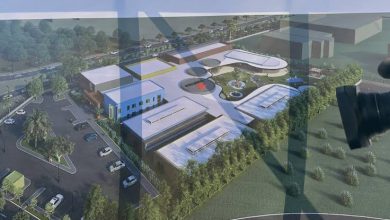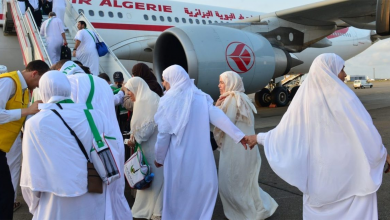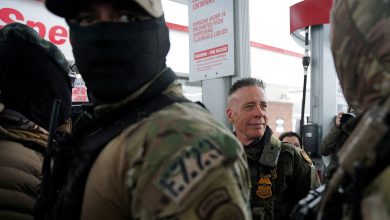Bissau, Guinea-Bissau – The capital city of Bissau is slowly returning to a semblance of normal life today, Friday, as military presence diminishes and traffic and commercial activities resume. This follows the announcement by the military council, which seized power, that a general has been appointed to lead a transitional period expected to last one year.
Reports indicate that vehicular traffic has resumed, and pedestrian movement has returned to usual patterns. Shops, restaurants, and small businesses have reopened their doors, with reduced security measures and a less visible military presence in the capital.
The army had announced on Wednesday the ousting of President Umaro Sissoco Embaló and the complete control of the country. They also suspended the presidential and legislative electoral process, which took place on November 23rd, the results of which have not yet been announced.
The following day, coup leaders appointed the Chief of Staff of the Army, General Horta Ntame, as head of the Supreme Military Command, tasking him with restoring order and securing a political transition. Ntame issued a decree today, Friday, appointing former Finance Minister Ilídio Vieira Té as Prime Minister and Minister of Finance.
The army lifted the overnight curfew imposed the previous day and announced the reopening of all border points that had been closed since Wednesday noon. They also issued orders to reopen schools, markets, and private institutions “immediately,” a move reflecting relative stability despite the coup.
On Thursday evening, outgoing President Embaló arrived in Senegal aboard a military plane chartered by the Senegalese government, after his whereabouts had been unknown since the coup announcement. Embaló told French media that he had been arrested by soldiers near the presidential palace amidst gunfire.
Meanwhile, opposition leader Fernando Dias asserted his victory in the recent presidential elections on Thursday, accusing Embaló of “orchestrating the coup” to avoid the announcement of his defeat.
This coup is the latest in a series of coups in the West African region, where democracy faces increasing challenges due to disputed elections. Analysts suggest this trend may encourage further military intervention in politics.
Developing story, more to follow.



